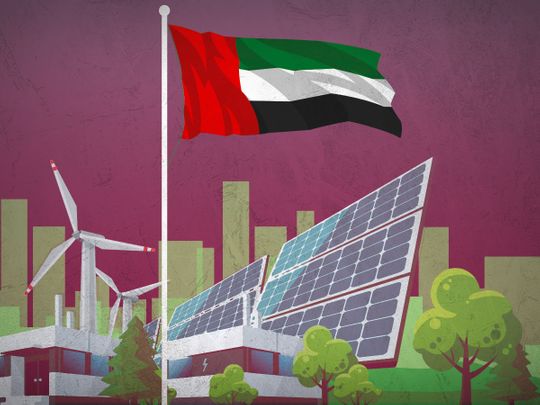
The pace of challenges facing our planet is escalating year after year, and the world is on the brink of a new era of danger, whose environmental repercussions will be more deadly to humanity than some of the diseases we have grappled with throughout the ages.
The lives of at least one billion people, in addition to other organisms on Earth, will be at risk if the planet’s temperature continues to rise due to climate change, in addition to the serious implications of CO2 and other greenhouse gas (GHG) emissions on human health.
The only way to successfully address these challenges is through effective global collective action that keeps pace with the rapid exacerbation of the impacts of climate change, and takes into account the circumstances, needs, requirements, and capabilities of each region and country.
Climate conference in Sharm Al Shaikh
Today, with just a few days left until the start of COP27, hosted in Sharm Al Shaikh, the Egyptian city of peace, the Arab world has a prime opportunity to strengthen regional cooperation.
The event will provide an ideal platform for Arab countries to identify their needs, limitations, and capabilities, and work collectively to advance R&D, create innovative solutions, and launch sustainable development projects that can enhance the region’s climate change resilience, reduce emissions, fast-track the clean energy transition, and promote a green economy.
We must present a united front when facing the most dangerous threat to our future. Based on its experience and future plans in the energy transformation and development of the agricultural system, Egypt has the potential to provide a leading model for stepping up climate action.
And by virtue of its diplomatic relations and influence in the region, and its cooperation with climate champions such as the UAE, Egypt can drive the creation of an integrated ecosystem of Arab work to tackle the challenges of climate change and turn them into opportunities for sustainable growth.
UAE’s climate efforts
At COP27, the UAE aims to highlight its climate efforts that span more than three decades and comprise strategies, projects, initiatives, programmes, and directives that maximise the country’s capabilities to combat climate change.
These involve increasing the share of clean energy in its energy mix, promoting the principles of a green economy, driving the adoption of the circular economy model, and optimising the use of technology and innovation in sectors that can significantly contribute to GHG emission reduction, including energy, transportation, agriculture and food production, and nature-based carbon sequestration solutions.
The country is also channelling investments into sustainable projects and developing relevant financial instruments, such as green bonds and sukuk, in line with the UAE Net Zero by 2050 Strategic Initiative.
The Arab region is in dire need of an integrated R&D system to identify innovative solutions that can help it mitigate climate change, increase its adaptation capacity, and accelerate sustainable economic development.
Climate Change Research Network
In this context, during COP27, the UAE will present the experience of its Climate Change Research Network (CCRN), which brings together a group of committed scientists to improve climate data collection, conduct research on the status of climate change in the Arabian Gulf region, and inform sectoral adaptation plans.
Climate change is no longer just news that we hear about or whose ravages in faraway lands we see on our TV screens. Our vulnerability to it is increasing, and its impacts on our environment, biodiversity, freshwater resources, agricultural production, and even human health are intensifying.
We must respond with effective measures that ensure a better, more sustainable future for all of us, and COP27 in Sharm Al Shaikh is an important step in this direction.
Mariam bint Mohammed Almheiri is the UAE Minister of Climate Change and Environment









